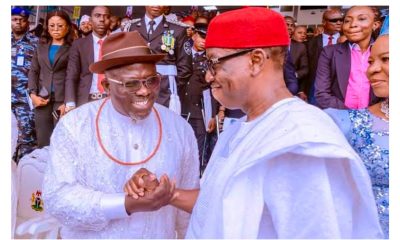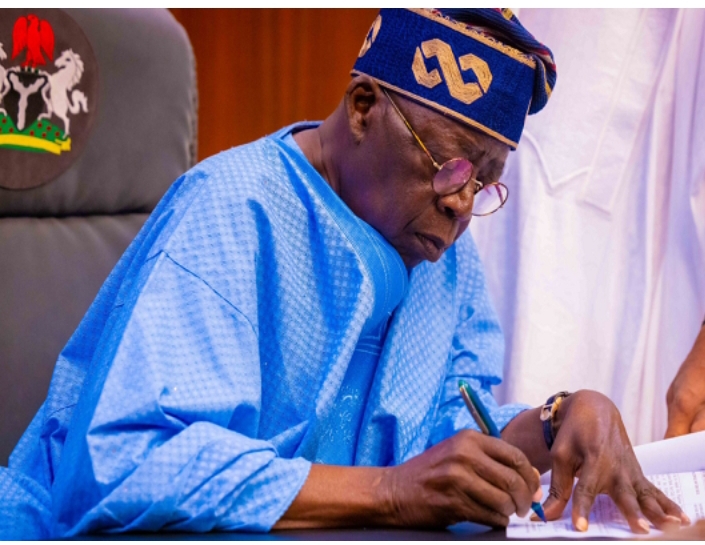 The organised labour has knocked the Federal Government for releasing a N180bn palliative package to states to cushion the impact of the fuel subsidy removal.
The organised labour has knocked the Federal Government for releasing a N180bn palliative package to states to cushion the impact of the fuel subsidy removal.
The Nigeria Labour Congress and the Trade Union Congress insisted that the governors could not be trusted, noting that politicians and not the poor would benefit from the N5bn largess given to each state government for disbursement to the citizens.
The Federal Government on Thursday announced an N5bn palliative for each state of the federation and 180 trucks of rice as part of measures to assuage the pains of the subsidy removal.
The policy, which led to sharp and multiple increases in fuel pump prices, has driven up the prices of goods and services, pushing millions of Nigerians into poverty and worsening the socio-economic situation in the country.
The development also triggered nationwide protests by organised labour which insisted on the repair of refineries as a precondition for the subsidy withdrawal.
But announcing the release of the palliative at the end of the 135th National Economic Council meeting presided over by Vice President Kashim Shettima in Abuja, the Borno State Governor, Babagana Zulum, disclosed that the N5bn was to enable the state governments to procure 100,000 bags of rice, 40,000 bags of maize and fertilizers to cushion the effect of food shortage across the country.
He added that considering the urgency in meeting the need to mitigate the skyrocketing food prices across the country, the Federal Government had last week released five trucks of rice to each state of the federation.
Shettima explained, “NEC met today and expressed serious concerns as regards increasing cost of food items, increasing cost of transportation amongst others as a result of subsidy removal. In order to cushion the effect of subsidy removal, the federal government released five trucks of rice to each state last week.
“Furthermore, in order to cushion the effect of food shortages across the country, the Federal Government has approved the sum of N5bn to be given to each state for the procurement of 100,000 bags of rice, 40,000 bags of maize, and fertilizers.
“This funding has to be shared with a formula as follows: 52 percent of this money is given to states as grants, while 48 per cent of the N5bn is to be paid back on an installment basis within a period of 20 months to the CBN by the states and the local government areas in Nigeria.
“The council commended the efforts of the Federal Government under the leadership of President Tinubu as well as the CBN. We have also commended the efforts of NEMA in cushioning the effects of the subsidy removal.
“Council has taken bold decisions in order to ensure speedy release of grains and other items in order to cushion the effects of subsidy removal on the less privileged in the society.’’
He noted that the council took bold decisions in order to ensure the speedy release of grains and other items for immediate distribution to the less privileged in society.
Shettima added, “The council has also taken note of the $800m loan and insists that it be strictly used for the intended purpose and based on an accurate and acceptable register. The $800m announced by the president will go to Nigerians in accordance with an accurate social register.
“Furthermore, the council has also noted the package that was announced by the President in order to cushion the effect of subsidy removal, amounting to about N500bn.
“This fund has to be distributed to the following sectors: MSMEs, industrial sector; about N125 billion will go for cash transfers, agricultural sector as well as gas expansion for buses.
“And because of the increasing cost of fossil fuel, the federal government intends to establish more gas stations in Nigeria and procure more gas-powered buses, CNG buses as well as electric buses.”
He said the council commended the efforts of the Federal Government and the CBN in addressing the current situation in the country.
In a bid to create a forum for dialogue towards resolving issues surrounding the petrol subsidy removal across the states, the NEC which is made up of governors of the 36 states, the governor of the Central Bank of Nigeria, and other government officials, constituted an ad hoc committee to engage with the leadership of labour unions.
According to a statement released by the Office of the Vice-President, the committee comprised the Nigerian Governors Forum Chairman, AbdulRahman AbdulRazaq; Governor of Anambra State, Chukwuma Soludo; Chairman of Progressives Governors Forum, Hope Uzodinma of Imo State; PDP Governors Forum Chairman, Bala Mohammed of Bauchi State, and Abia State Governor Alex Otti.
The VP said the committee would liaise with the leadership of labour unions in the country to find a way forward on the emerging issues in the interest of the nation.
The council also received progress reports on the ongoing nationwide distribution of rice, grains, fertilizer, and other items to states and N5bn financial support, provided by the Federal Government and commended the Central Bank of Nigeria and the National Emergency Management Agency for their interventions.
It also noted the various interventions by state governments and urged them to upscale the distribution of palliatives towards alleviating the suffering of citizens, especially vulnerable groups.
The statement read, ‘’During the meeting, details from some accounts of government were revealed such as Excess Crude Account from 19th July to 14th August 2023, $473,754.57; Stabilisation Account from 18th July to 14th August, N30,346,557,405.12 and Natural Resources Account from 18th July to 14th August 2023, N115,175,616,159.65.”
Similarly, the NEC assessed the state of the economy, particularly investment, and the forex crisis, among others.
It stated, “Investment inflows have dwindled since 2019, likewise the country’s investment/GDP ratio; Crude Oil exports and refined petroleum products imports dominate Nigeria’s trade structure; Nigeria’s Naira position against major trading currencies deteriorated; Weak FX supply and heightened demand for imports remains core drivers of exchange rate instability; market volatility persists despite recent FX alignment, driven by pressure on FX demand that widens the gap between official and parallel market rates due to inadequate supply and speculative tendencies; external reserves remain under pressure as external reserves fell by 8.3 percent from 37.1bn in January 2023 to 33.9 billion in July 2023.”
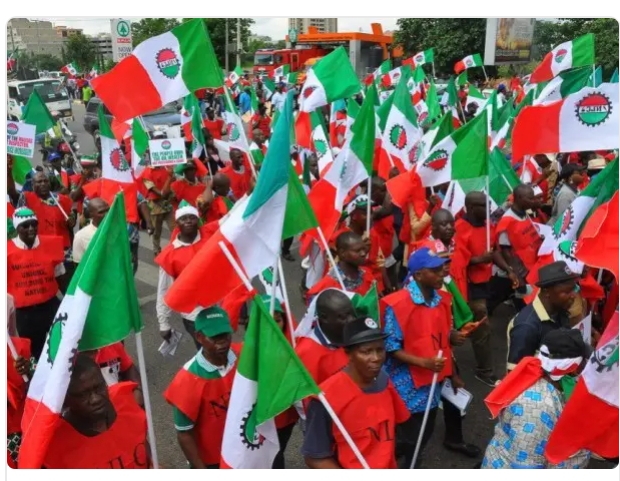
But reacting to the government’s interventions, the Assistant National Secretary-General of the NLC, Mr Chris Onyeka, wondered why the FG was releasing money to governors, many of whom he said had refused to pay the minimum wage.
He dismissed the palliative fund as paltry, noting that it would not get to the intended beneficiaries.
“The money will not get to the people, let them share the money as they want but what the NLC agreed with them were certain milestones. The NLC will close its eyes to what the Federal Government is trying to give to the governors.
“To us as far as we are concerned, NLC will still stick to the milestones that we have agreed on, we will insist that those things are discussed and implemented to the letter.’’
“When the Federal Government wants to subvert the instrument of dialogue, it intentionally creates problems. The Federal Government had already started engaging using this instrument when they engaged the NLC; for them now to go and sit down at the level of the Nigeria Governors’ Forum and to go and pretend to give them money is a subversion of social dialogue, subversion of peace, and a subversion of democracy because it is not democratic.”
Speaking in the same vein, the TUC Deputy National President, Tommy Etim stressed that governors could not be trusted with the implementation of the palliative funds.
“It is one thing to make pronouncements, implementation is another thing. I am sure you remember what happened to the COVID-19 palliatives in 2020 when foodstuffs were stored in warehouses and kept from hungry citizens. Same thing with the issue of the Paris Club relief fund that some governors went to hide in the bank so that they could get some from it while citizens were starving.
“We need a body that will follow up on the implementation because left to the state governors, the palliatives may not get to places where it should get. We need a body that will make them accountable. We need the citizens to be aware. The body should let everyone know when each state gets its own relief (package). Everyone should know the details that are received by each state, how the packages were distributed,’’ he suggested.
Also, the NLC President, Joe Ajaero, said the Federal Government was about sharing N2,000 and a cup of rice to poor people across the country.
He also stated that the governors could not be trusted, as most of them were not paying minimum wage, adding that no committee was established to ensure the successful implementation of the initiative.
Ajaero said, “N5bn multiplied by 36 states is going to give you N180bn. So if you divide that with the official figures from the National Bureau of Statistics, which says that 133 million Nigerians are multi-dimensionally poor, and calculate it, you will get about N2,000 each for those who are poor.
“That is the official statistics of the government, but you and I know that the actual figure is more than that. So is that what to celebrate? And then, five trucks or there about, of rice to a state. The poor people of these states cannot get one cup of rice. It will not go round.
“Even if you pick them from the poverty bracket, it will be difficult for them to get one cup of rice. Is that the best we can do? Is that the best approach to governance? So do we look at our people as people we should give one cup of rice and N2,000? Is that palliative?”
He said the government should be serious with governance that served the interest of the people.
“Who are governors you are giving it to? Is the governors who have not paid minimum wage? Is there any committee to ensure the effective disbursement of that which is very insufficient?.
The Deputy Secretary General of the Maritime Workers Union of Nigeria, Mr Erazua Oniha, was opposed to release of money to the states, pointing out that rehabilitating the refinery was a better idea.
He added, ‘’We feel repairing the refineries will be a better deal for all of us. The promise by the government to ensure that the Port Harcourt refinery is working is a deal for all of us, for me as an individual and a concerned citizen of the Federal Republic of Nigeria because when you multiply the amount by the number of states, it can repair some of the refineries and solve all these problems.’’
The Nigeria Governors Forum could not be reached for comment on the allegations that state governors would frustrate the palliative programme made by the organised labour. Its spokesperson, Abduleazaque Bello-Barkindo, did not respond to calls and he had yet to reply to a text message on the issue as of the time of filing this report last night.
In acknowledgment of the current hardship brought about by his policy, the President has again appealed to Nigerians to bear the pains caused by the removal of petroleum subsidy, saying ’’the hardship of today will give way to a better tomorrow.’’
The Commander-in-Chief stated this at the public presentation of the autobiography of elder statesman, Edwin Clark, in Abuja on Thursday.
Represented by the Secretary to the Government of the Federation, George Akume, Tinubu urged Nigerians to be patient saying the palliatives being rolled out by the Federal Government would soon cushion the effect of the hardship.
He said, “Solutions to the challenges of subsidy removal are being churned out daily but they are not immediate. The hardship is but for a moment. Palliatives have been rolled out and more are still being rolled out and there is hope that tomorrow will be better than today.”
Akume noted that Dave Umahi’s appointment as the Minister for Works was an indication that “the President is a rewarder of those who work diligently in service to their people.’’
Post Views: 642



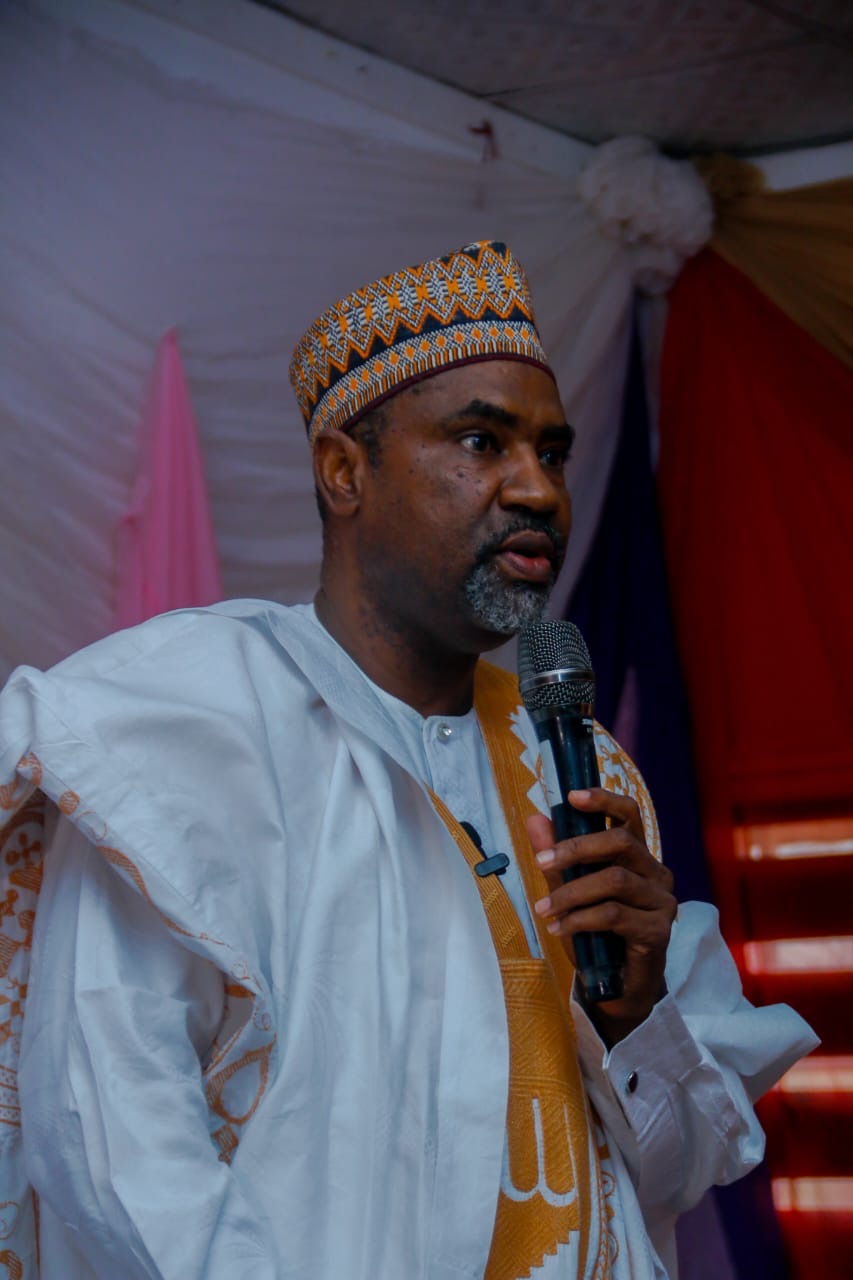
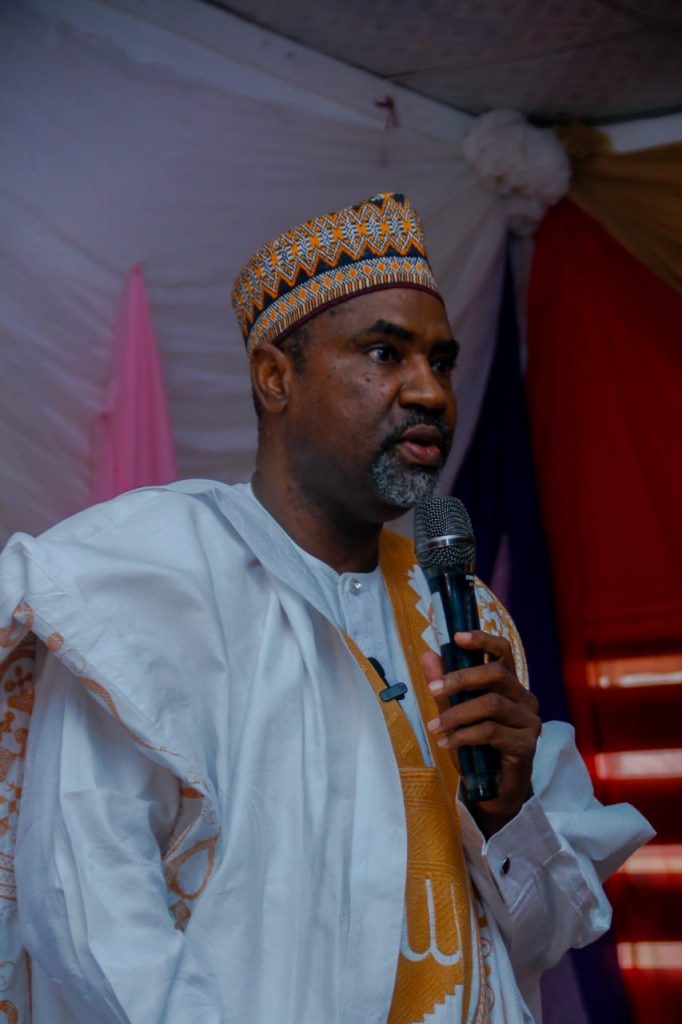 A non-governmental organisation, Advocacy for Integrity and Rule of Law (Airlin) in Nigeria, has kicked off a grassroots campaign across the 19 northern states to promote civic awareness, respect for the rule of law, and voter participation ahead of the next general elections.
A non-governmental organisation, Advocacy for Integrity and Rule of Law (Airlin) in Nigeria, has kicked off a grassroots campaign across the 19 northern states to promote civic awareness, respect for the rule of law, and voter participation ahead of the next general elections.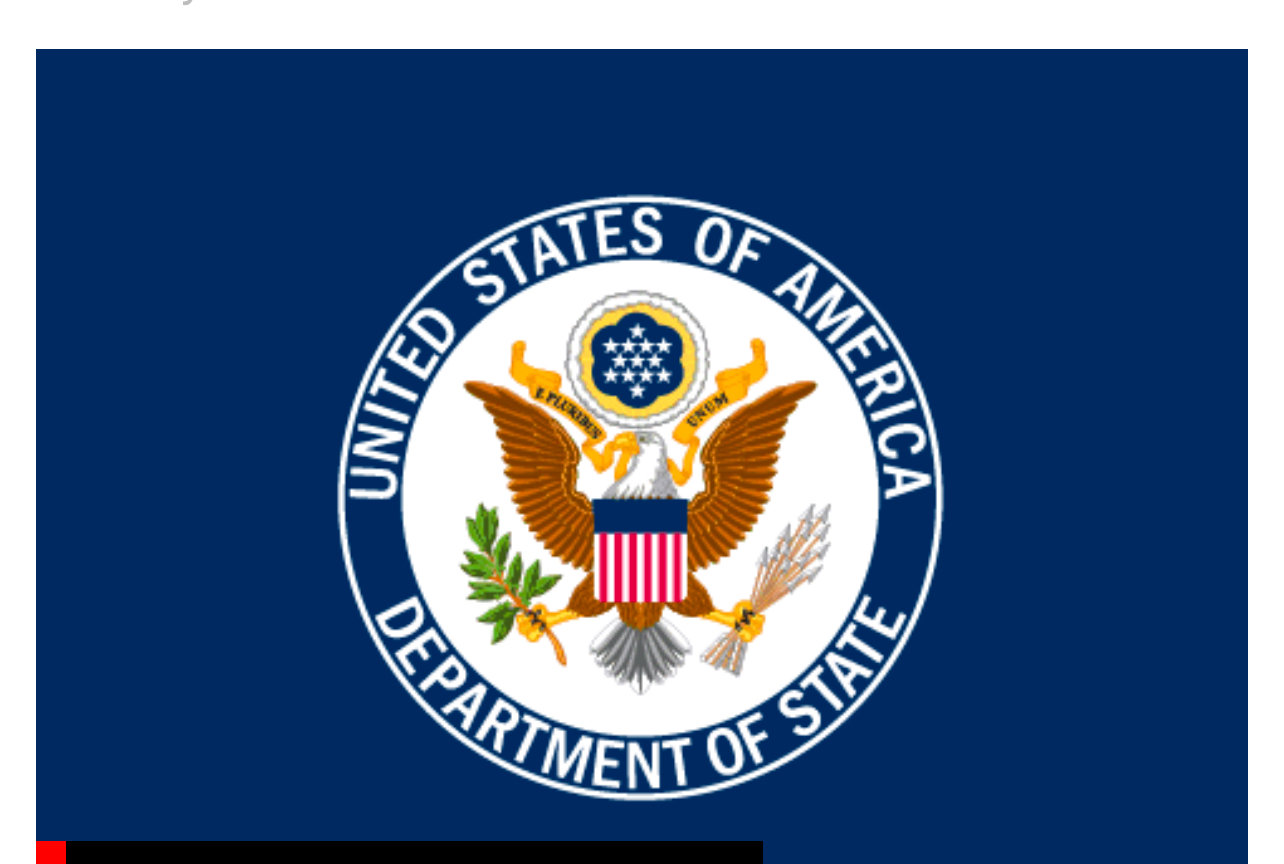
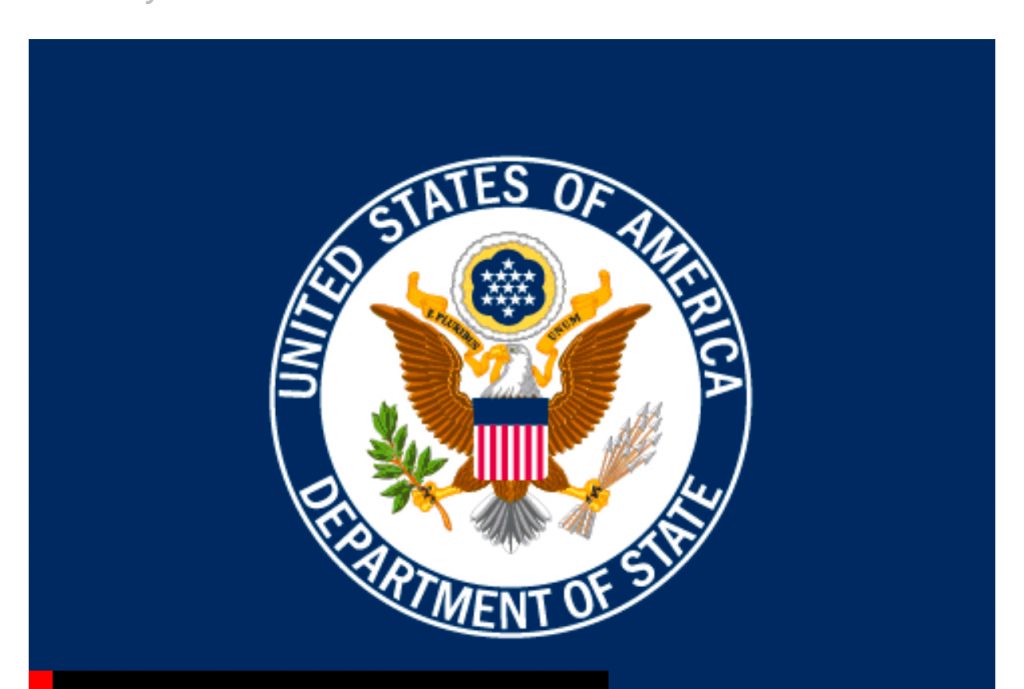 The United States Department of State has announced an update to its non-immigrant visa policy for Nigerians.
The United States Department of State has announced an update to its non-immigrant visa policy for Nigerians.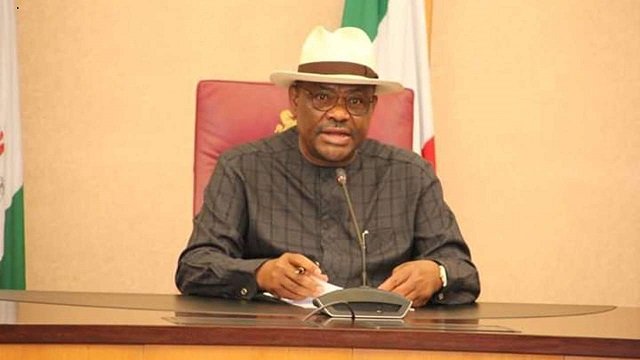
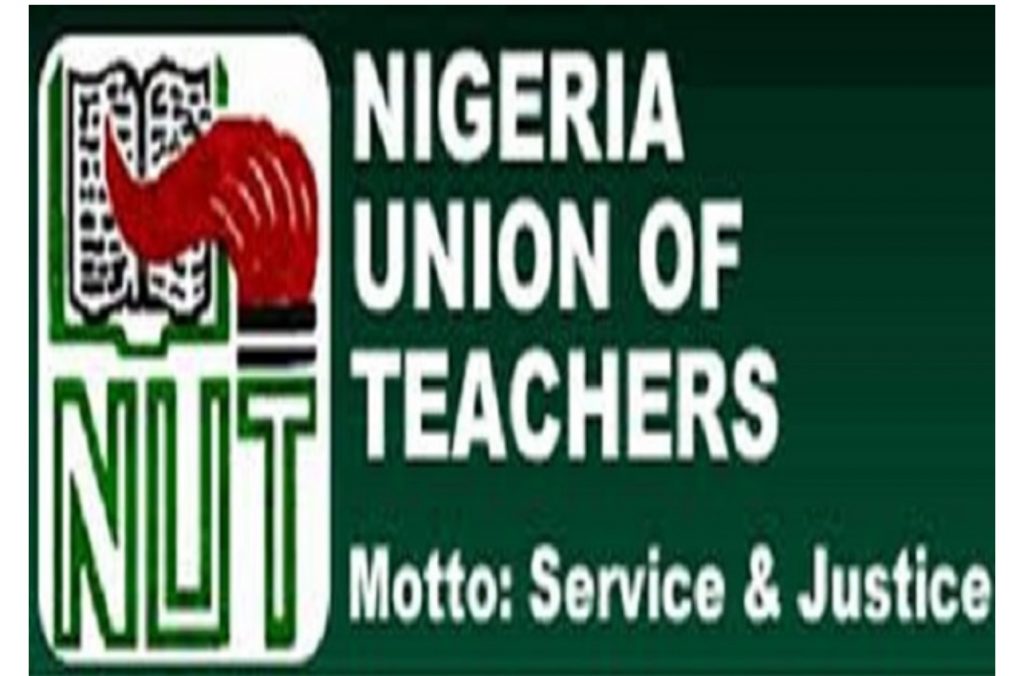 The FCT wing of the Nigeria Union of Teachers has announced the suspension of its over three-month-old strike by primary school teachers, with a directive for members to return to classrooms starting Wednesday, July 9, 2025.
The FCT wing of the Nigeria Union of Teachers has announced the suspension of its over three-month-old strike by primary school teachers, with a directive for members to return to classrooms starting Wednesday, July 9, 2025.








